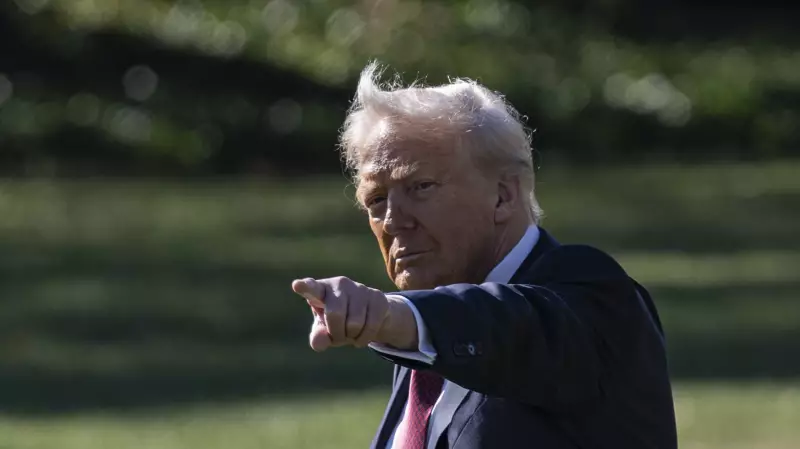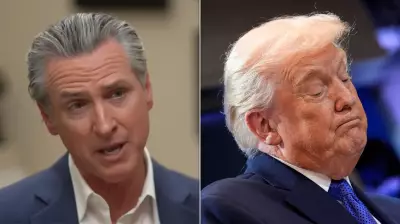
In the heated landscape of American politics, former President Donald Trump has perfected a rhetorical strategy that consistently pits "us" against "them" - a divisive approach that continues to resonate with his supporters while drawing sharp criticism from opponents.
The Anatomy of Trump's Divisive Language
Trump's speeches and public statements frequently employ what political analysts call "othering" language, creating clear distinctions between his supporters and various perceived adversaries. This tactic isn't new to politics, but Trump has elevated it to a central feature of his political identity.
The consistent pattern emerges across multiple targets:
- Political opponents framed as enemies of the people
- Media organizations labeled as "fake news"
- Government institutions portrayed as corrupt establishments
- Cultural elites depicted as threats to traditional values
Why This Strategy Resonates
Political psychologists suggest this approach taps into fundamental human psychology. The "us versus them" framework provides cognitive simplicity in a complex world, creating clear loyalties and shared identities among supporters.
"This type of rhetoric creates strong in-group bonding," explains Dr. Sarah Jenkins, political communication expert. "When people feel their identity or way of life is threatened, they naturally gravitate toward leaders who validate those fears and offer simple solutions."
The Evolution of Political Division
While political polarization existed long before Trump entered politics, his approach has significantly intensified these divisions. His language doesn't just acknowledge differences - it actively weaponizes them, turning political disagreement into moral warfare.
The consequences extend beyond campaign rallies and Twitter (now X) posts. This rhetoric has:
- Reshaped how supporters view political opponents
- Altered media consumption patterns among his base
- Changed the tone of political discourse nationwide
- Influenced how other politicians approach campaigning
The Impact on American Democracy
Critics argue that sustained "us versus them" rhetoric undermines democratic norms by suggesting that political opponents aren't just wrong, but illegitimate. This framing makes compromise appear as surrender and turns governance into perpetual conflict.
Meanwhile, supporters see Trump's approach as necessary truth-telling against entrenched interests that have ignored their concerns for decades.
Looking Toward 2024
As another presidential election approaches, Trump's divisive rhetoric shows no signs of softening. If anything, it has become more pronounced, suggesting this strategy will remain central to his political identity and campaign approach.
The enduring question remains: Will this approach continue to mobilize his base effectively, or will its polarizing nature ultimately limit his appeal in a general election? The answer may well determine the next chapter of American politics.






